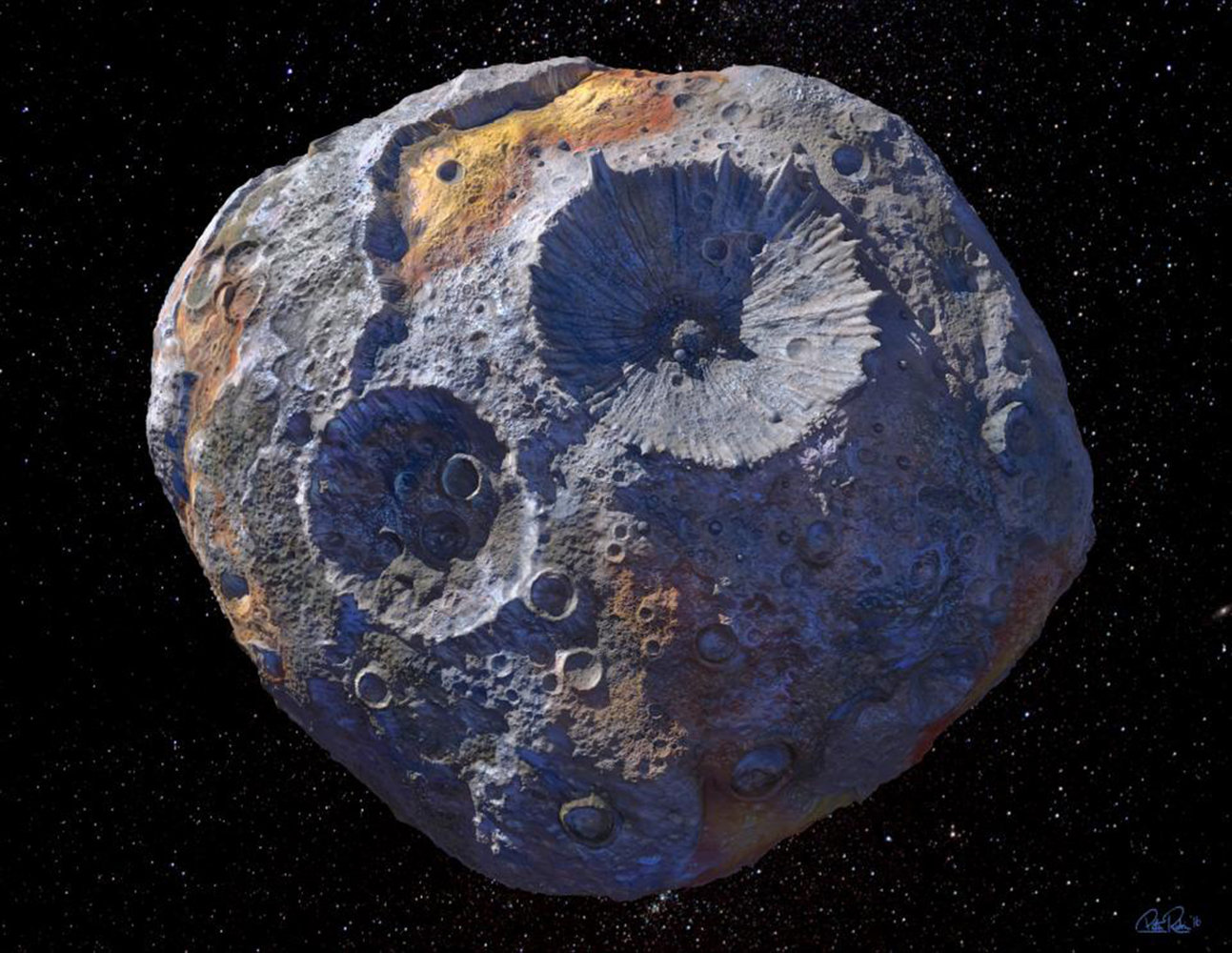Microbes could be used to extract metals and minerals from space rocks

A species of bacteria can successfully pull out rare Earth elements from rocks, even in microgravity environments, a study on the International Space Station has found. The new findings, published in Nature Communications today, suggest a new way we could one day use microbes to mine for valuable metals and minerals off Earth.
Why bacteria: Single-celled organisms have evolved over time on Earth to extract nutrients and other essential compounds from rocks through specialized chemical reactions. These bacterial processes are harnessed to extract about 20% of the world’s copper and gold for human use. The scientists wanted to know if they worked in microgravity too.
The findings: BioRock was a series of 36 experiments that took place on the space station. An international team of scientists built what they call “biomining reactors”—tiny containers the size of matchboxes that contain small slices of basalt rock (igneous rock that’s usually found at or near the surface of Earth, and is quite common on the moon and Mars) submerged in a solution of bacteria.
Up on the ISS those bacteria were exposed to different gravity simulations (microgravity, Mars gravity, and Earth gravity) as they munched on the rocks for about three weeks, while researchers measured the rare Earth elements released from that activity. Of the three bacteria species studied, one—Sphingomonas desiccabilis—was capable of extracting elements like neodymium, cerium, and lanthanum about as effectively in lower-gravity environments as they do on Earth.
So what: Microbes won’t replace standard mining technology if we ever mine for resources in space, but they could definitely speed things up. The team behind BioRock suggests that microbes could help accelerate mining on extraterrestrial bodies by as much as 400%, helping to separate metal powders and valuable minerals from other useful elements like oxygen. The fact that they seem able to withstand microgravity suggests these microbes could be a potentially cheap way to extract resources to make life in space more sustainable—and enable lengthy journeys and settlements on distant worlds.
Deep Dive
Space
How to safely watch and photograph the total solar eclipse
The solar eclipse this Monday, April 8, will be visible to millions. Here’s how to make the most of your experience.
How scientists are using quantum squeezing to push the limits of their sensors
Fuzziness may rule the quantum realm, but it can be manipulated to our advantage.
The great commercial takeover of low Earth orbit
Axiom Space and other companies are betting they can build private structures to replace the International Space Station.
Stay connected
Get the latest updates from
MIT Technology Review
Discover special offers, top stories, upcoming events, and more.